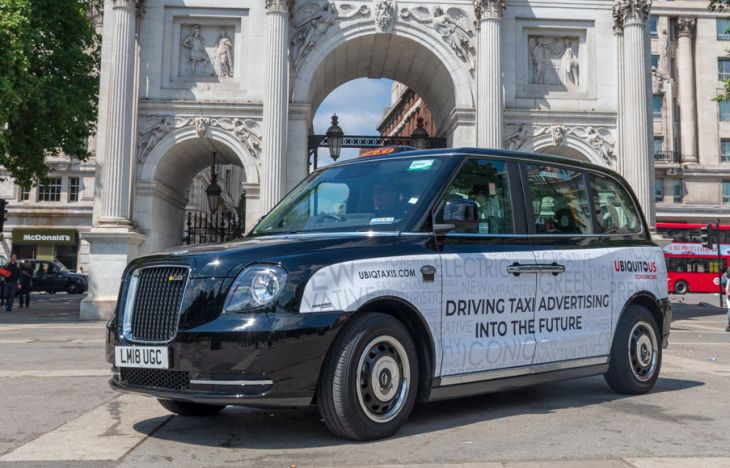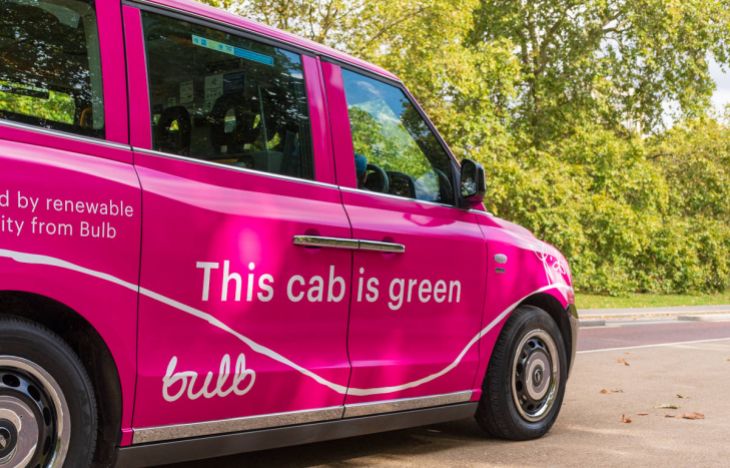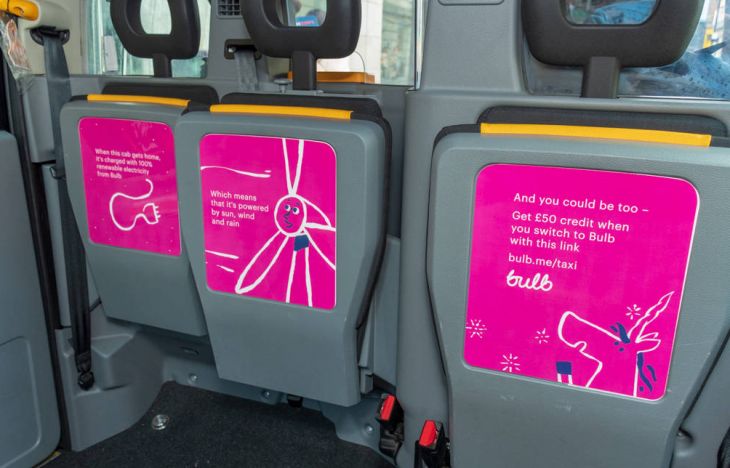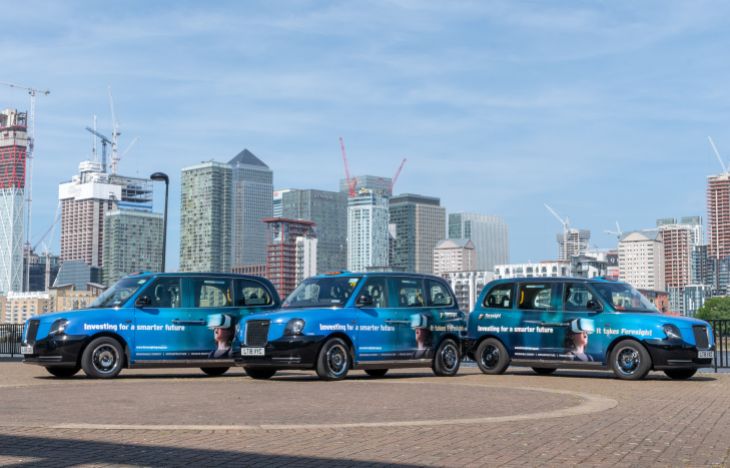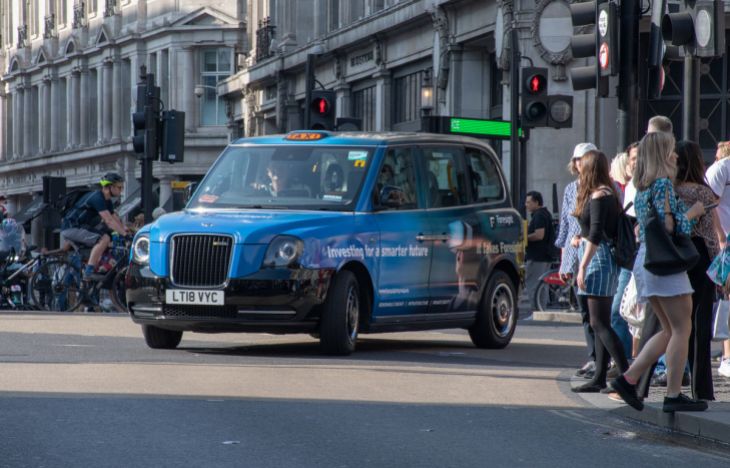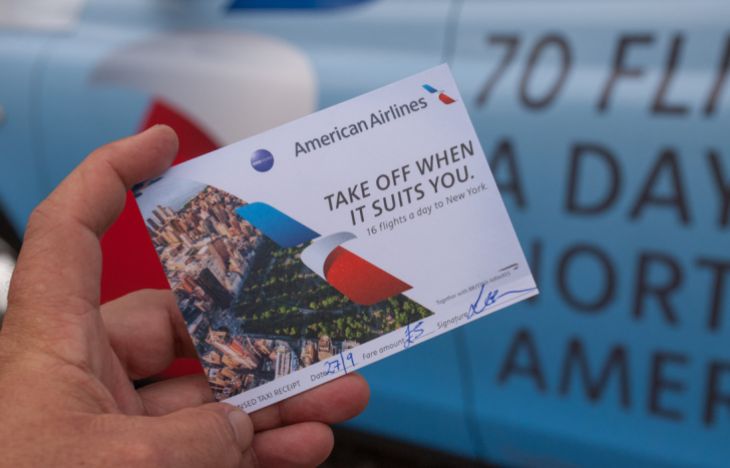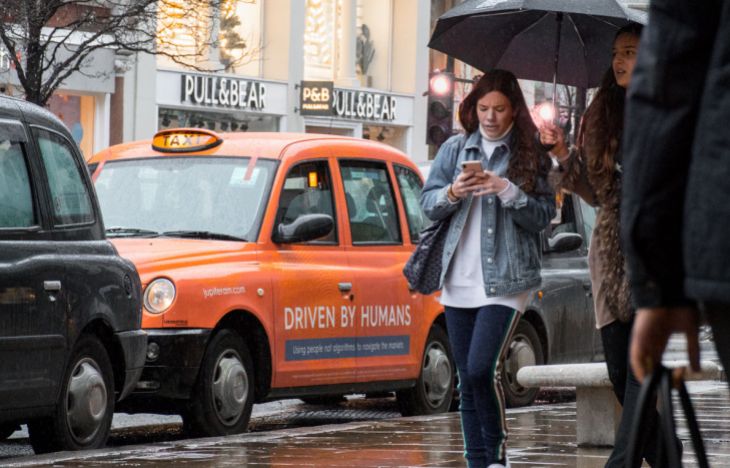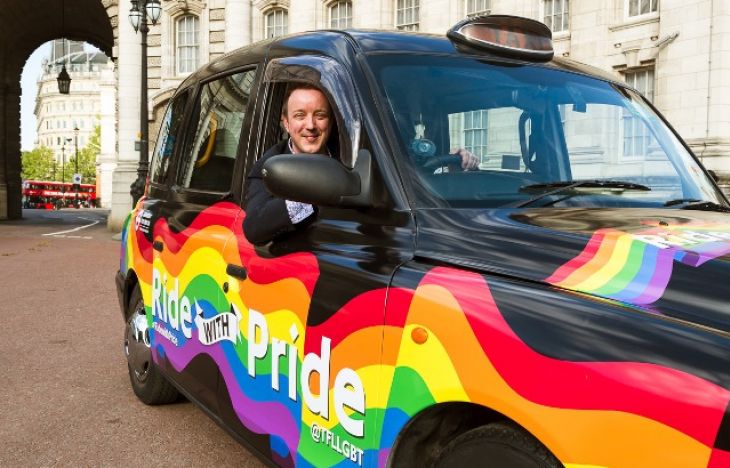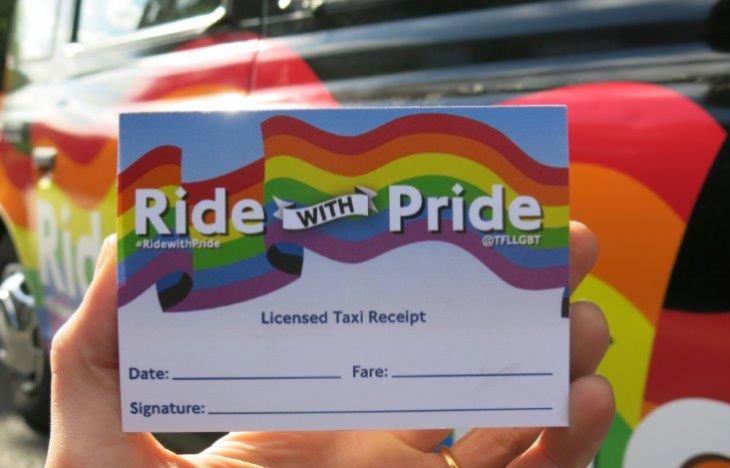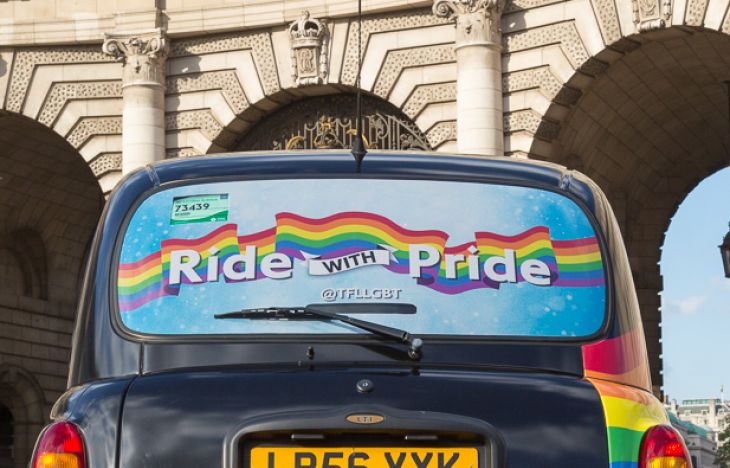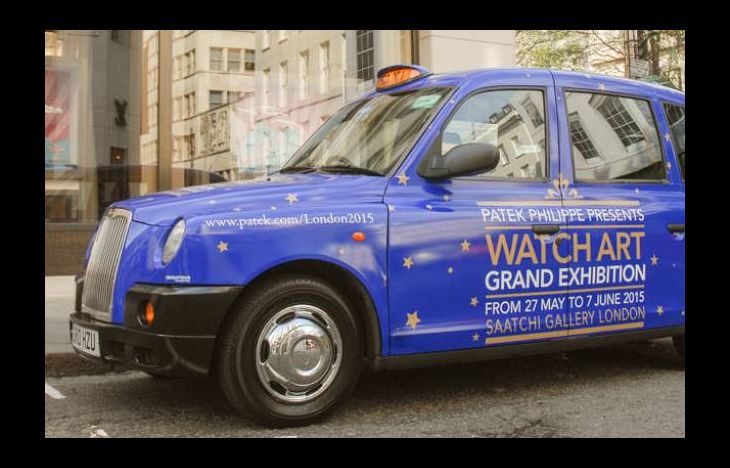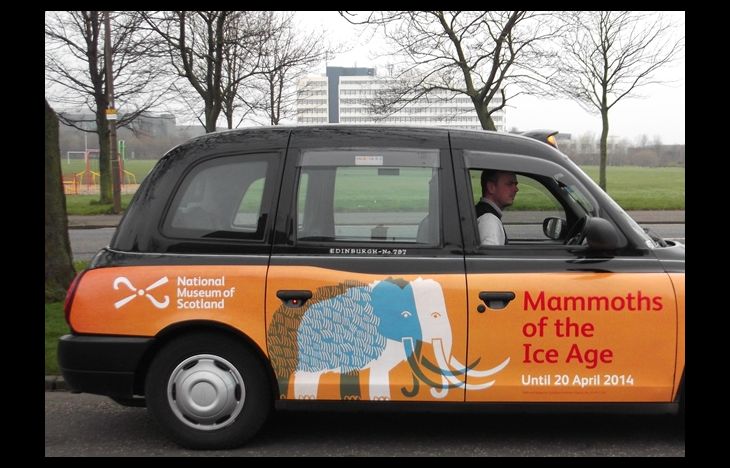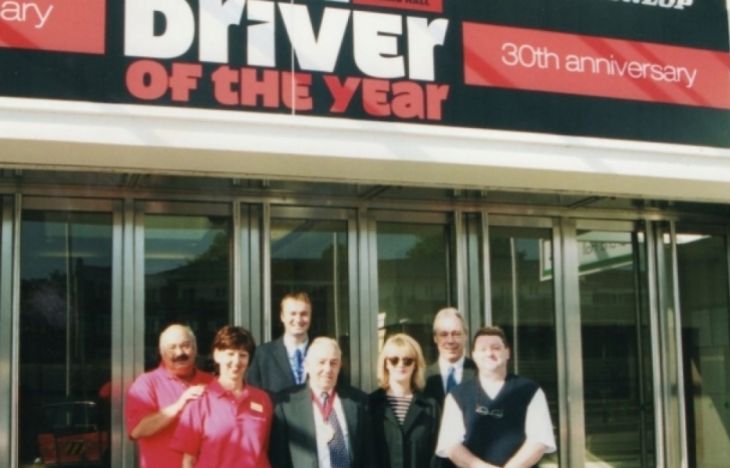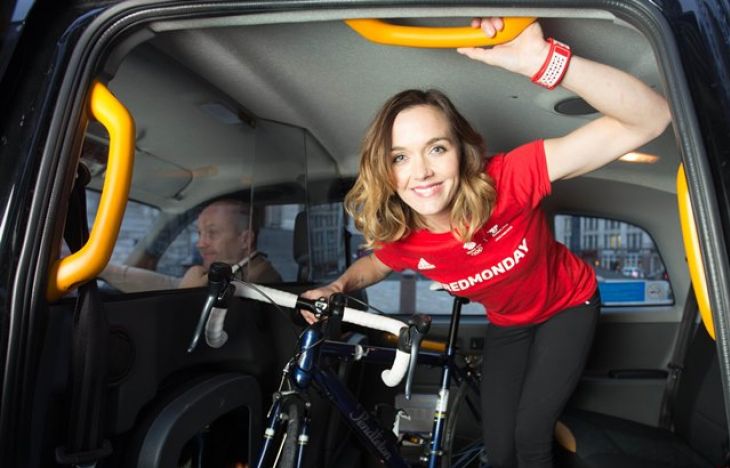Ubiquitous Acquires Taxi Media’s UK Taxi Advertising Business
DATE: 29th November, 2019
Ubiquitous and Curb Mobility (owner of Taxi Media™) are delighted to announce that Ubiquitous has acquired Taxi Media’s UK taxi advertising business.
Ubiquitous prides itself in bringing innovative, knowledgeable and accountable best-in-class service to the taxi advertising market. The transaction will enable Ubiquitous to further develop its industry leading offering.
For Curb Mobility, the transaction enables an increased focus on its market-leading UK taxi payment systems business, its own industry leading taxi media offerings in the U.S. and the global expansion of its payments and mobile ridehailing platforms.
The transaction reflects Ubiquitous’ commitment to the taxi advertising sector and the Ubiquitous team looks forward to working with Taxi Media’s UK customers and suppliers going forward.
Andrew Barnett, Managing Director of Ubiquitous, said: “At a time when advertisers are increasingly looking for more impactful and innovative ways to engage their target audience, the Taxi continues to be an iconic and essential part of the out-of-home advertising mix. I am delighted we have acquired Taxi Media’s UK Taxi Advertising business and look forward to offering ever greater service to our taxi advertising clients.”
“Combining these two talented media teams will give UK advertisers more efficient access to larger inventory and uniform product innovation,” said Amos Tamam, CEO of Curb Mobility, “while at the same time speeding expansion of the Curb Mobility digital media offerings in the US and accelerating development of our market-leading UK taxi payments business.”
END
For enquiries regarding UK taxi advertising opportunities please contact Ubiquitous.
